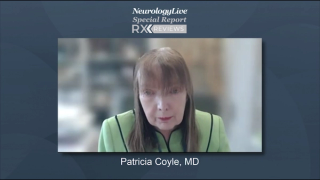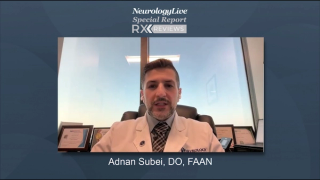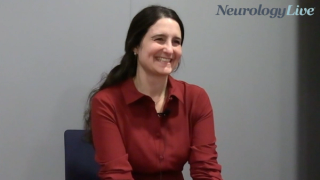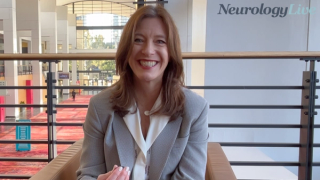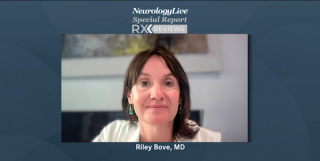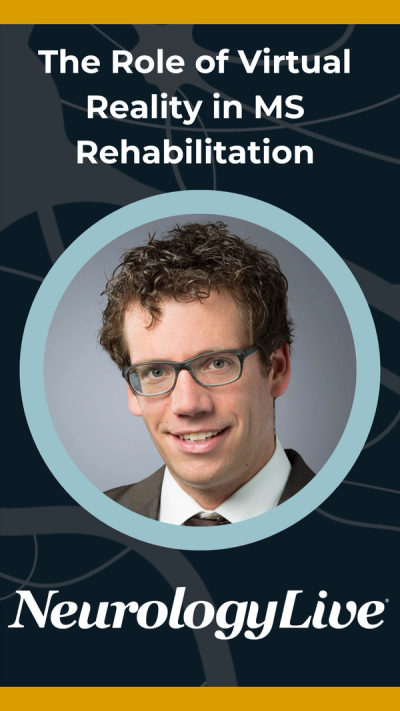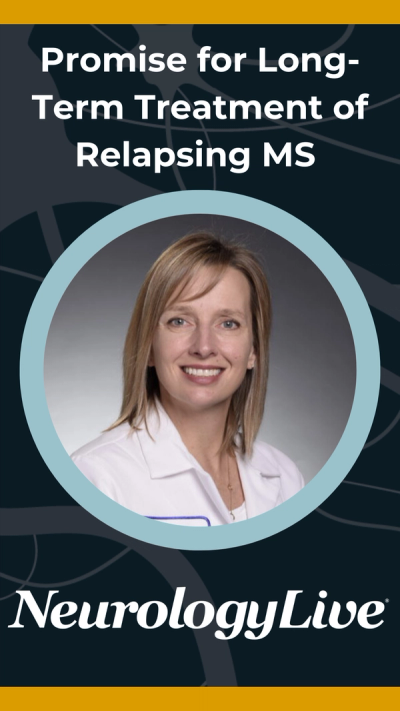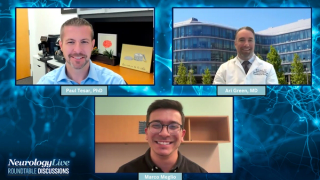
Multiple Sclerosis
Latest News

Video Series

Latest Videos
Shorts
Podcasts
CME Content
More News

New phase 3 FREXCITE trial tests frexalimab CD40L inhibitor in nrSPMS, comparing on-body subcutaneous vs IV dosing

The analysis included 280 patients from CLARIFY-MS extension and 219 patients from MAGNIFY-MS extension, a total of 499 patients with at least 4 years of follow-up.

Real-world phase 4 data show cladribine keeps relapse rates low and safety steady in relapsing MS patients, including those 65+.

In honor of National Women Physician’s Day, the NeurologyLive® team highlighted recent studies on women transforming neurologic care and advancing women’s health.

Riley Bove, MD, MS, associate professor of neurology at the University of California San Francisco, shares her personal view on National Women’s Physician’s and why it’s important for clinicians and patients in the field.

In honor of National Women Physicians Day, held February 3, 2026, a trio of women clinicians highlighted the importance of individualized care for women living with multiple sclerosis.

A recent study linked maternal diabetes to a doubled risk of multiple sclerosis in offspring, highlighting prenatal factors in MS susceptibility.

Annette Langer-Gould, MD, PhD, lead for clinical and translational neuroscience at Kaiser Permanente, discusses findings and significance from a recently published trial assessing rituximab in patients with relapsing multiple sclerosis.
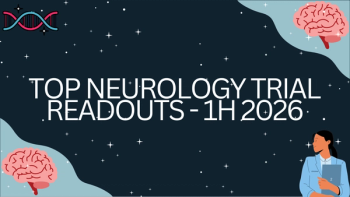
Review upcoming clinical trials with data readouts expected in the first half of 2026, providing updates relevant to ongoing research and clinical practice in neurology.

As part of NeurologyLive®'s Year in Review, take a look at our top expert interviews on the latest advances and use of artificial intelligence in neurology care.

At ECTRIMS 2025, the William S. and Lois Stiles Edgerly Professor of Neurology at Yale School of Medicine discussed evolving insights into the disease pathogenesis of multiple sclerosis.

As part of NeurologyLive®'s Year in Review, take a look at our top collaborative interviews with the Strategic Alliance Partnership program in 2025.

A trio of neurology experts discussed the clinical application of the 2025 updated multiple sclerosis diagnostic criteria, including imaging and biomarker tools, to support patient care.

Cladribine shows superior efficacy over S1P modulators in reducing disability progression in treatment-naive relapsing-remitting MS patients.

Findings from a second phase 3 trial, dubbed FENhance 1, assessing fenebrutinib in patients with relapsing multiple sclerosis are anticipated by the first half of 2026.

Obexelimab shows promising results in reducing lesions in relapsing multiple sclerosis, highlighting its potential as a new treatment for autoimmune diseases.

Gavin Giovannoni, MBBCh, PhD, FCP, FRCP, FRCPath, lead investigator of the phase 3 ORATORIO-HAND trial, provided comment on the results presented at ECTRIMS 2025, highlighting ocrelizumab’s therapeutic benefit in more advanced forms of multiple sclerosis.

Robert Shin, MD, FAAN, professor of neurology and ophthalmology at the University of Virginia and director of the UVA MS and Clinical Neuroimmunology Center, recently shared his expertise on how multiple sclerosis (MS) affects men on the National MS Society’s Ask an MS Expert program.

Experts shared their clinical perspectives on trending topics in the treatment and management of multiple sclerosis at the 41st Congress of the European Committee for Treatment and Research in Multiple Sclerosis.

In this clip, a multiple sclerosis expert reflects on how ofatumumab’s role has expanded since FDA approval in 2020, from first-line use to special populations, and what this means for daily practice.

Riley Bove, MD, an associate professor of neurology at UCSF, breaks down the ARTIOS phase 3b trial results, highlighting the exceptionally low relapse rates, MRI outcomes, and safety findings in patients switching therapies.
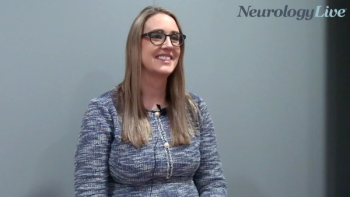
At ECTRIMS 2025, a staff neurologist at Cleveland Clinic discussed findings from an observational study on long-term safety risks of ocrelizumab in patients with multiple sclerosis. [WATCH TIME: 3 minutes]

In episode 1, Bove explores how ofatumumab, a B-cell–depleting therapy, stands apart from fingolimod and fumarates, and why its mechanism may offer distinct treatment advantages.

At ECTRIMS 2025, the postdoctoral research fellow at the University of Siena in Italy talked about how machine learning could classify multiple sclerosis into biologically distinct subtypes. [WATCH TIME: 5 minutes]

In a phase 3 trial presented at ECTRIMS 2025, ocrelizumab demonstrated noninferior relapse control compared with fingolimod in pediatric patients with relapsing-remitting multiple sclerosis.





